Home>Others>Eco-Friendly Products>What Not To Put In A Compost Bin
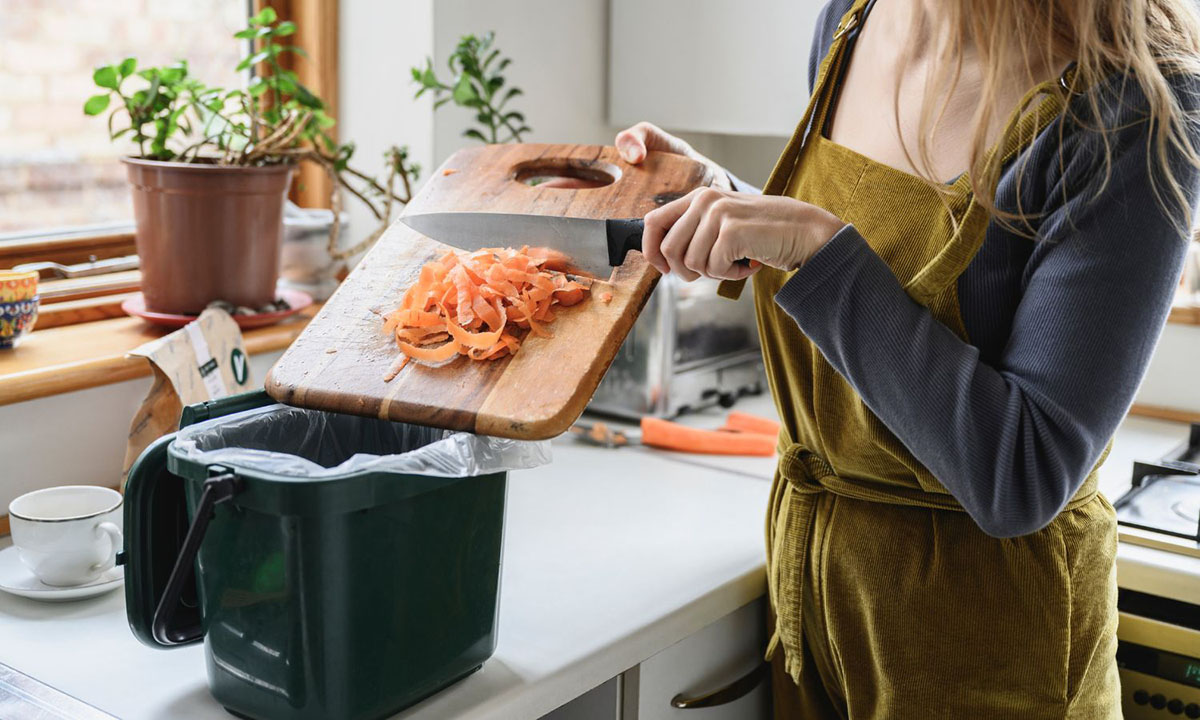

Eco-Friendly Products
What Not To Put In A Compost Bin
Modified: January 14, 2024
Discover what not to put in a compost bin to ensure you're using eco-friendly products and promoting a sustainable environment. Avoid these items for successful composting.
(Many of the links in this article redirect to a specific reviewed product. Your purchase of these products through affiliate links helps to generate commission for Storables.com, at no extra cost. Learn more)
Introduction
Composting is a fantastic way to reduce waste and create nutrient-rich soil for your garden. By transforming organic matter into a valuable resource, you not only minimize the environmental impact of your household waste but also contribute to the health of your garden. However, not all organic materials are suitable for composting. Understanding what not to put in a compost bin is crucial for maintaining a healthy and efficient composting system.
In this article, we will explore the items that should be excluded from your compost bin to ensure that the decomposition process remains effective and free from potential hazards. By learning about these exclusions, you can optimize your composting efforts and contribute to a more sustainable and eco-friendly lifestyle.
Key Takeaways:
- Keep your compost healthy by avoiding meat, dairy, oily foods, pet waste, diseased plants, synthetic chemicals, and inorganic materials. This helps prevent odors, pests, and harmful substances in your compost.
- Composting is a great way to reduce waste, but be mindful of what you put in. Stick to natural, organic materials to create high-quality, eco-friendly compost for your garden.
Read more: What Can You Put In A Compost Bin
Meat and Dairy Products
While it may be tempting to toss leftover meat scraps or spoiled dairy products into your compost bin, it’s important to resist this urge. Meat and dairy items can attract pests and create unpleasant odors in your compost pile. Additionally, they decompose at a much slower rate than plant-based materials, which can disrupt the overall composting process.
When meat and dairy products break down, they release a significant amount of fat and protein. These substances can inhibit the microbial activity that is essential for successful composting. Moreover, the decomposition of meat and dairy can generate potentially harmful bacteria, posing health risks and contaminating the compost.
Instead of including meat and dairy products in your compost, consider alternative methods for disposing of these items. If your community offers organic waste collection services, you can utilize this option for the proper disposal of meat and dairy scraps. Alternatively, you can explore the possibility of composting these materials using specialized systems designed to handle animal products.
By refraining from adding meat and dairy products to your compost bin, you can maintain a healthier and more efficient composting environment while minimizing the risk of attracting pests and pathogens.
Oily and Greasy Foods
While it’s important to include a variety of organic materials in your compost bin, it’s advisable to avoid adding oily and greasy foods. These items, such as cooking oil, salad dressings, and fatty food scraps, can impede the composting process and lead to unpleasant odors.
When oily and greasy foods are introduced to the compost pile, they can create a barrier that restricts airflow and moisture absorption. This can hinder the decomposition of other organic materials and result in a compacted, anaerobic environment that is unfavorable for beneficial microorganisms.
Furthermore, the breakdown of oily and greasy foods can lead to the production of rancid odors, attracting pests and detracting from the overall composting experience. To mitigate these issues, it’s best to redirect oily and greasy food waste to alternative disposal methods.
If possible, consider recycling cooking oils through designated collection programs in your community. Additionally, you can explore the option of composting small amounts of oil and grease using specialized systems that are designed to manage these materials effectively.
By excluding oily and greasy foods from your compost bin, you can maintain a well-balanced and odor-free composting environment while promoting the successful decomposition of organic matter.
Pet Waste
While it’s important to responsibly manage pet waste, including dog and cat feces, it’s advisable to refrain from adding it to your compost bin. Pet waste contains pathogens and parasites that can survive the composting process and pose health risks to humans and other animals.
Unlike herbivorous animal manure, such as that from cows or horses, which can be safely composted, the feces of carnivorous pets can harbor harmful organisms, including bacteria and parasites. These pathogens can persist in the compost and may not be effectively neutralized through the typical composting process.
Additionally, pet waste can introduce unpleasant odors and attract pests to your compost pile. To ensure the health and safety of your composting efforts, it’s best to explore alternative disposal methods for pet waste.
Consider utilizing biodegradable pet waste bags that are specifically designed for disposal in landfill or composting environments. Some communities also offer pet waste collection services that provide a safe and environmentally responsible means of managing pet waste.
By avoiding the inclusion of pet waste in your compost bin, you can maintain a hygienic and effective composting system while minimizing the potential health hazards associated with the decomposition of pet feces.
Do not put meat, dairy, or oily foods in a compost bin as they can attract pests and create unpleasant odors. Stick to fruit and vegetable scraps, coffee grounds, and yard waste instead.
Diseased Plants
While composting is an excellent way to recycle organic materials and enrich the soil, it’s essential to exercise caution when it comes to including diseased plants in your compost bin. Plant matter that is infected with diseases or pests can introduce harmful pathogens and organisms into the composting process, potentially compromising the health of your garden.
When diseased plants are composted, the pathogens responsible for the diseases can survive the decomposition process and may remain viable in the resulting compost. If this compost is then used in your garden, it can inadvertently spread diseases to healthy plants, perpetuating the cycle of infection.
To prevent the spread of plant diseases through compost, it’s advisable to remove and dispose of diseased plant material through methods that ensure the pathogens are effectively neutralized. This may involve burning the diseased plants or placing them in municipal green waste bins designated for disposal of potentially harmful organic matter.
By excluding diseased plants from your compost bin, you can protect the overall health of your garden and prevent the inadvertent spread of plant diseases. It’s important to prioritize the well-being of your garden ecosystem and take proactive measures to mitigate the risks associated with composting diseased plant material.
Read more: What Is A Compost Bin
Synthetic Chemicals
When it comes to composting, it’s crucial to maintain a focus on natural and organic materials, while avoiding the inclusion of synthetic chemicals. Synthetic chemicals, such as pesticides, herbicides, and fertilizers, can have detrimental effects on the composting process and the quality of the resulting compost.
Introducing synthetic chemicals into your compost bin can disrupt the delicate balance of microorganisms responsible for decomposition. These chemicals can inhibit the activity of beneficial bacteria and fungi, impeding the breakdown of organic matter and leading to the accumulation of toxic residues in the compost.
Furthermore, the presence of synthetic chemicals in compost can pose risks to the environment and the health of plants. When contaminated compost is applied to the soil, it can introduce harmful substances that may negatively impact the growth of plants and contribute to soil pollution.
To maintain a natural and sustainable approach to composting, it’s important to avoid adding materials that have been treated with synthetic chemicals. This includes plant trimmings from areas where chemical treatments have been applied, as well as any organic matter that may have been exposed to non-organic substances.
By prioritizing the exclusion of synthetic chemicals from your compost bin, you can contribute to the production of high-quality, uncontaminated compost that supports the health and vitality of your garden and the surrounding environment.
Inorganic Materials
Composting is a natural process that relies on the decomposition of organic matter to create nutrient-rich soil. As such, it’s essential to exclude inorganic materials from your compost bin to ensure the effectiveness and purity of the resulting compost.
Inorganic materials, including plastics, metals, and glass, do not decompose and can contaminate the composting process. When these non-biodegradable items are inadvertently added to the compost pile, they can persist in the final compost, posing risks to the environment and potentially harming plants when the compost is applied to the soil.
Furthermore, inorganic materials can impede the airflow and moisture balance within the compost, leading to suboptimal decomposition and the formation of compacted, anaerobic pockets that hinder the activity of beneficial microorganisms.
To maintain the integrity of your compost and ensure that it remains free from inorganic contaminants, it’s important to thoroughly inspect and sort organic materials before adding them to the compost bin. This includes removing any non-biodegradable items that may have inadvertently found their way into the organic waste stream.
By prioritizing the exclusion of inorganic materials from your compost bin, you can contribute to the production of pure, uncontaminated compost that supports the health of your garden and the broader ecosystem.
Conclusion
Composting is a valuable practice that allows individuals to minimize waste and create nutrient-rich soil for gardening. By understanding what not to put in a compost bin, you can ensure that your composting efforts are effective, safe, and environmentally responsible.
Excluding items such as meat and dairy products, oily and greasy foods, pet waste, diseased plants, synthetic chemicals, and inorganic materials from your compost bin is essential for maintaining a healthy composting environment. These exclusions help prevent the introduction of harmful pathogens, contaminants, and non-biodegradable substances that can compromise the quality of the compost and pose risks to the surrounding ecosystem.
By being mindful of what goes into your compost bin, you can contribute to the production of high-quality compost that enriches the soil, supports plant growth, and promotes sustainability. Additionally, responsible composting practices help minimize the environmental impact of organic waste and contribute to a more eco-friendly lifestyle.
As you embark on your composting journey, remember to prioritize the inclusion of natural, organic materials while being vigilant about excluding items that can impede the composting process or introduce potential hazards. By doing so, you can harness the full benefits of composting while safeguarding the health of your garden and the environment.
Frequently Asked Questions about What Not To Put In A Compost Bin
Was this page helpful?
At Storables.com, we guarantee accurate and reliable information. Our content, validated by Expert Board Contributors, is crafted following stringent Editorial Policies. We're committed to providing you with well-researched, expert-backed insights for all your informational needs.
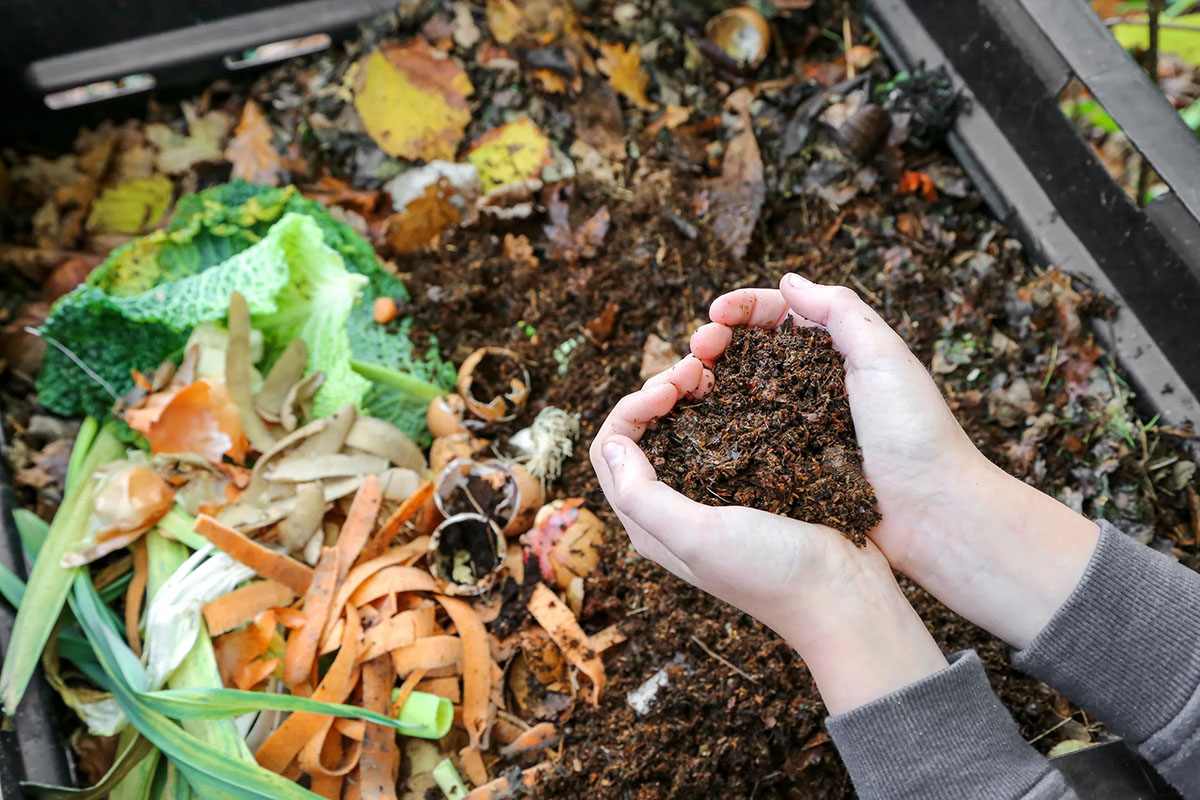
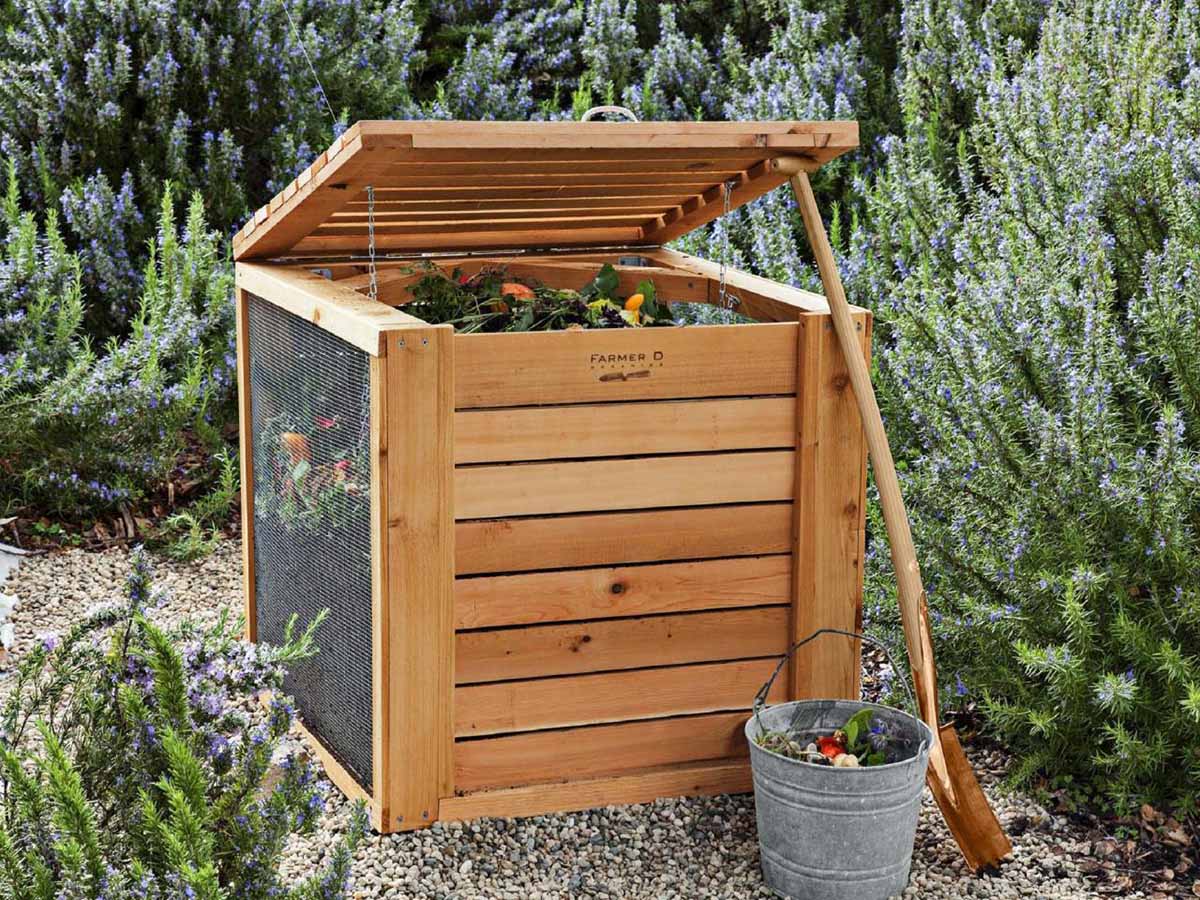
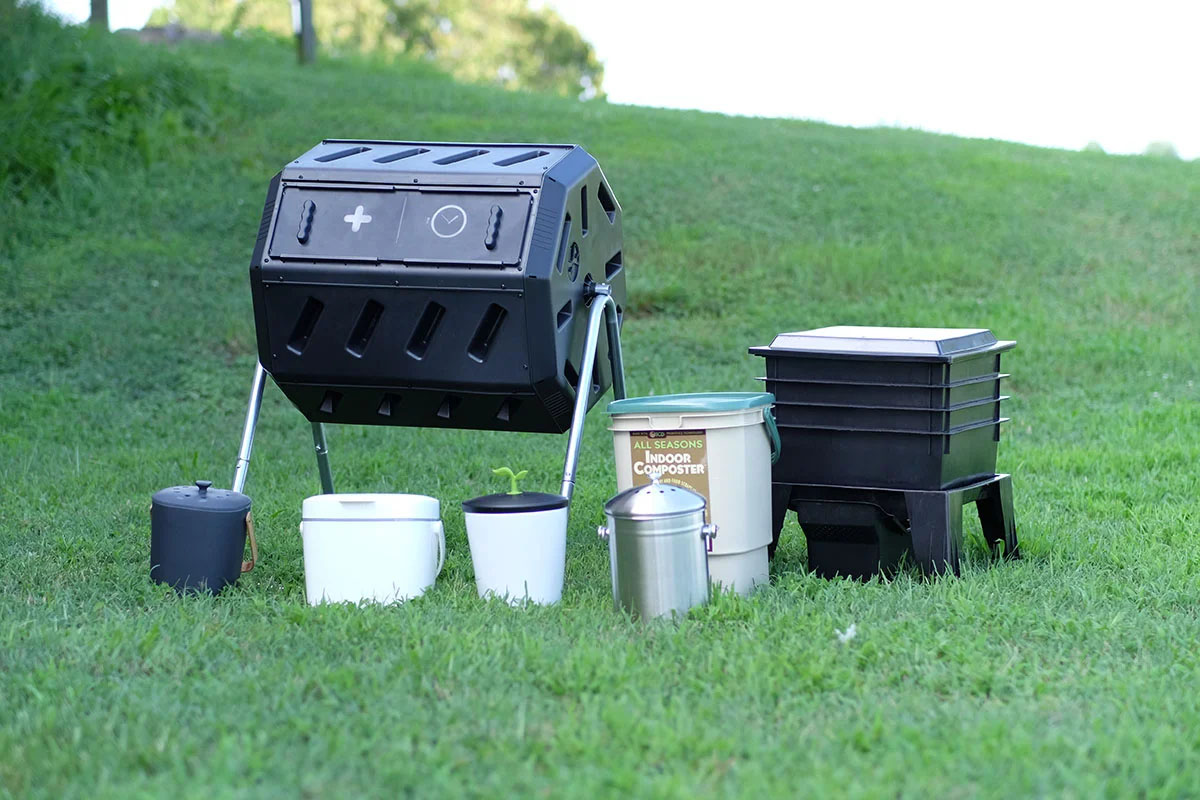
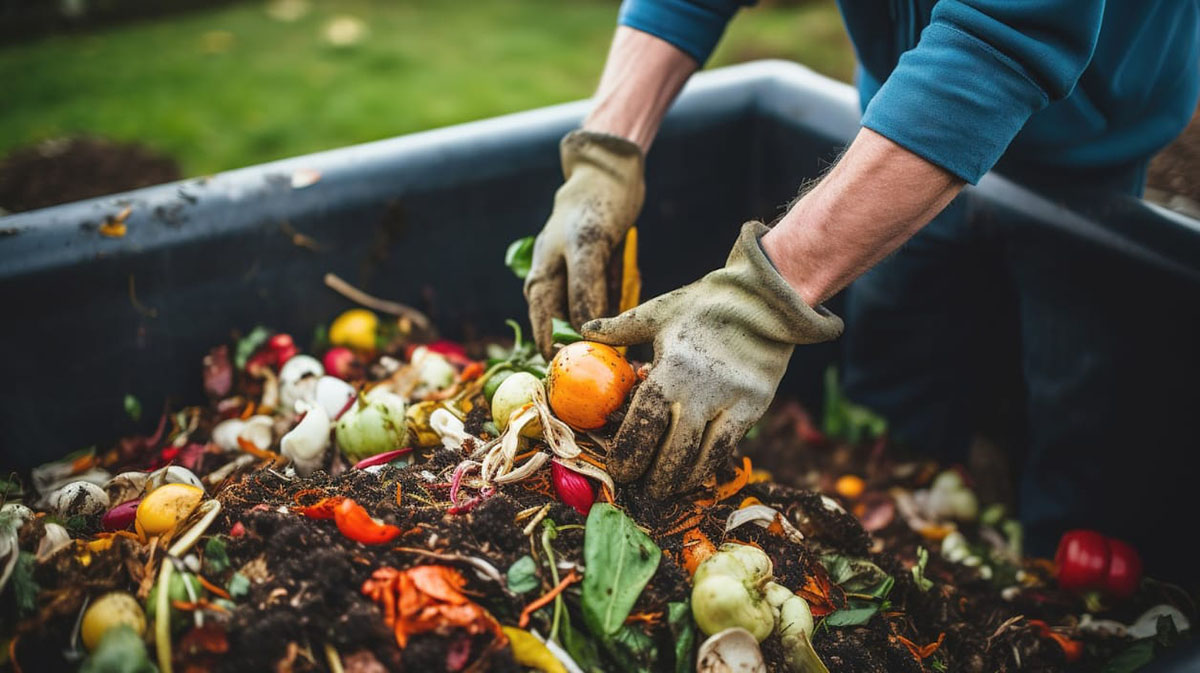
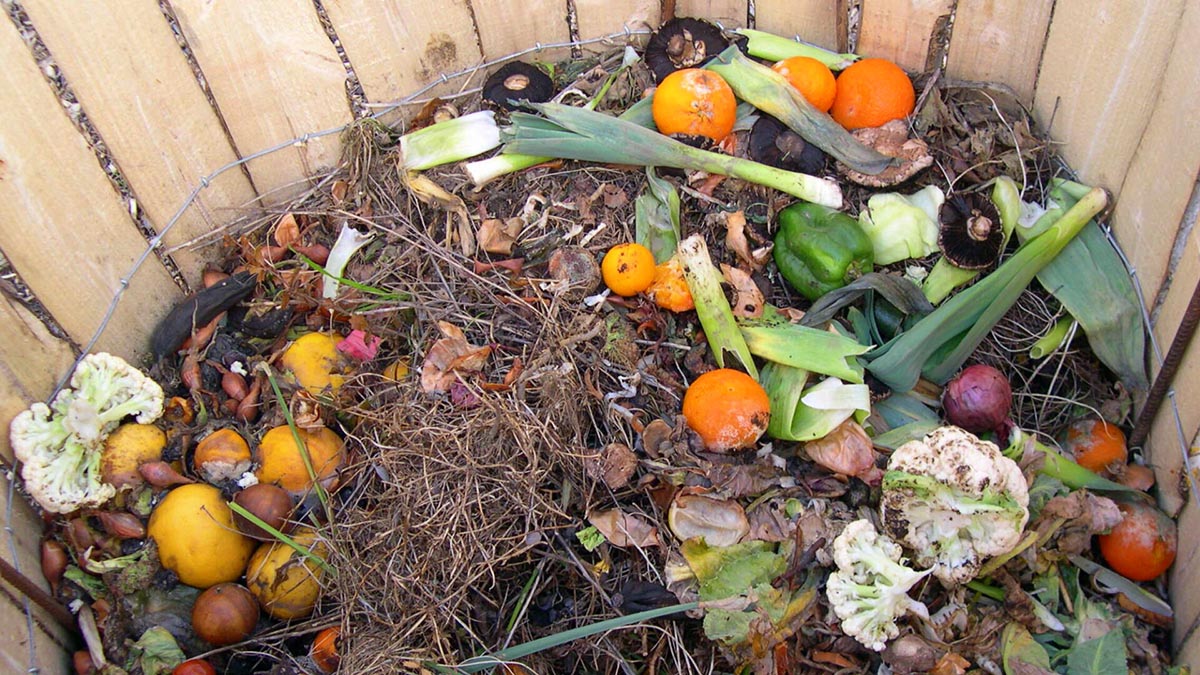
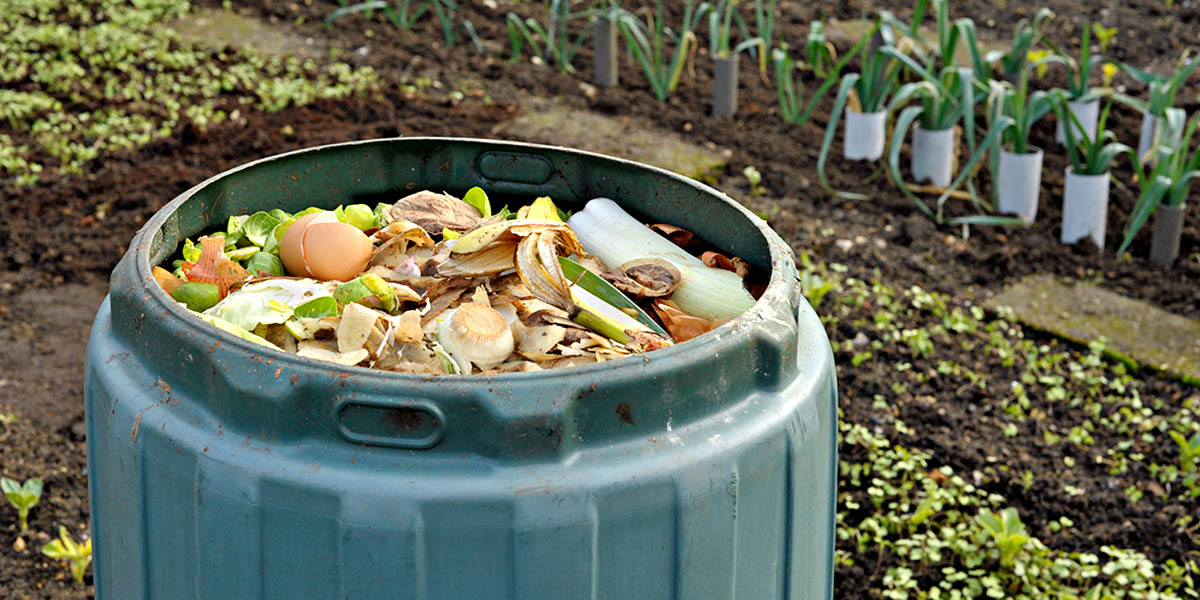
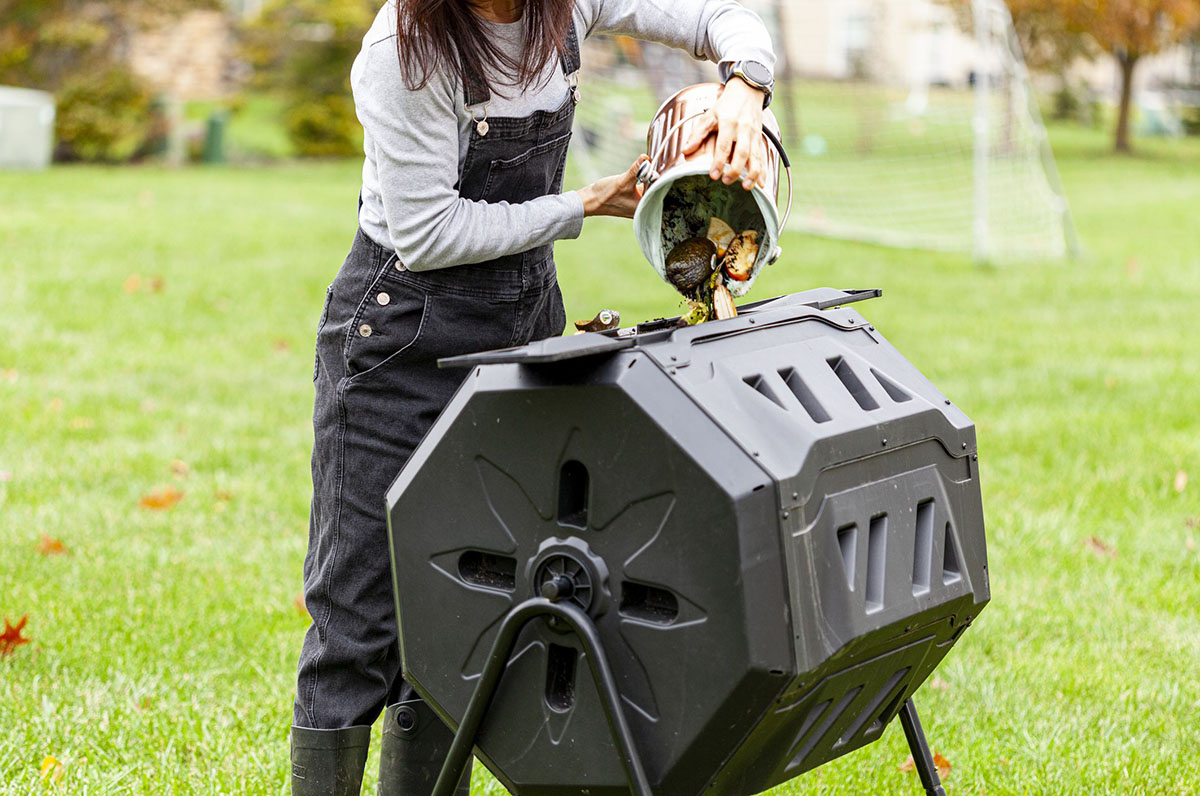
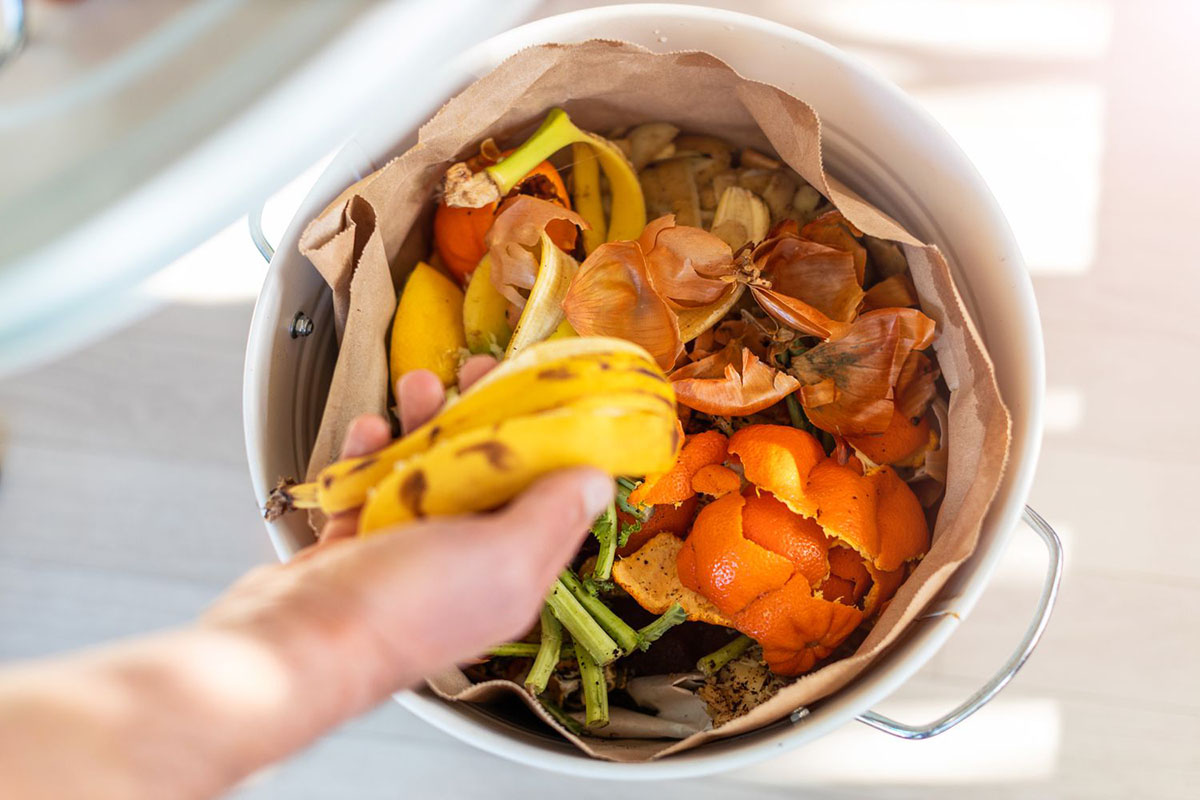
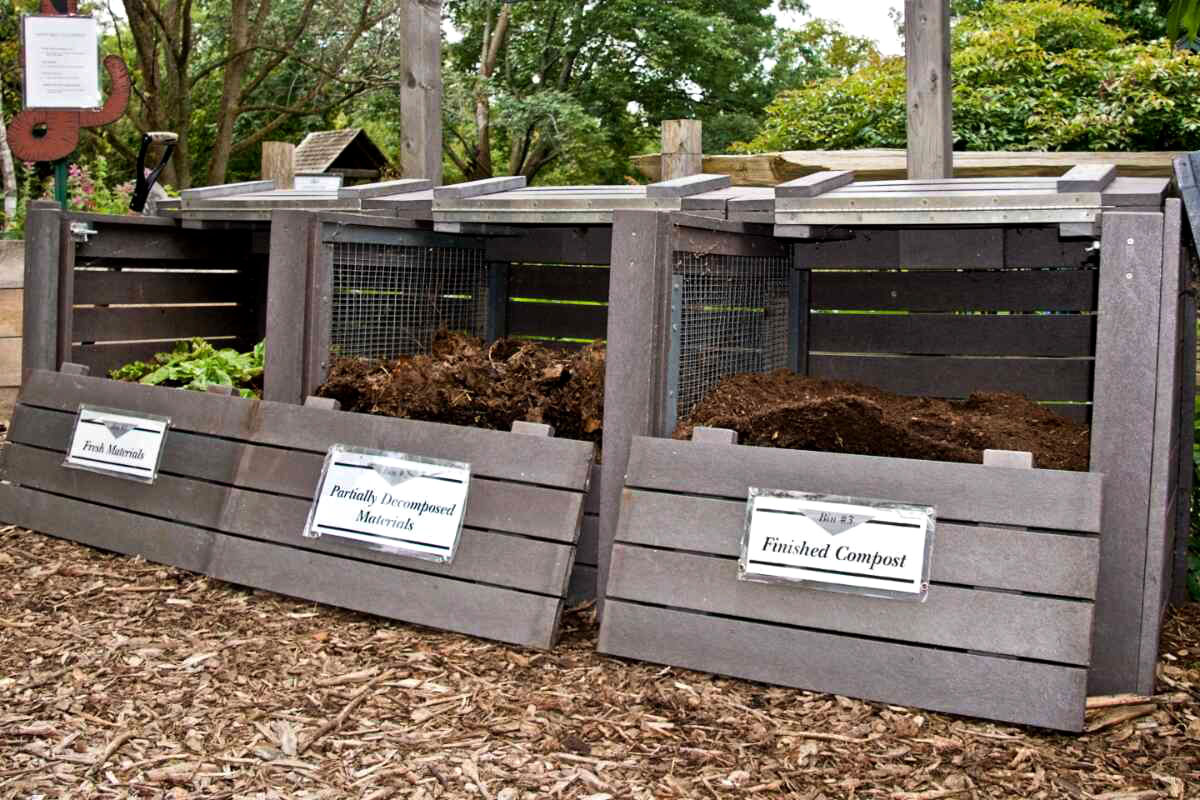
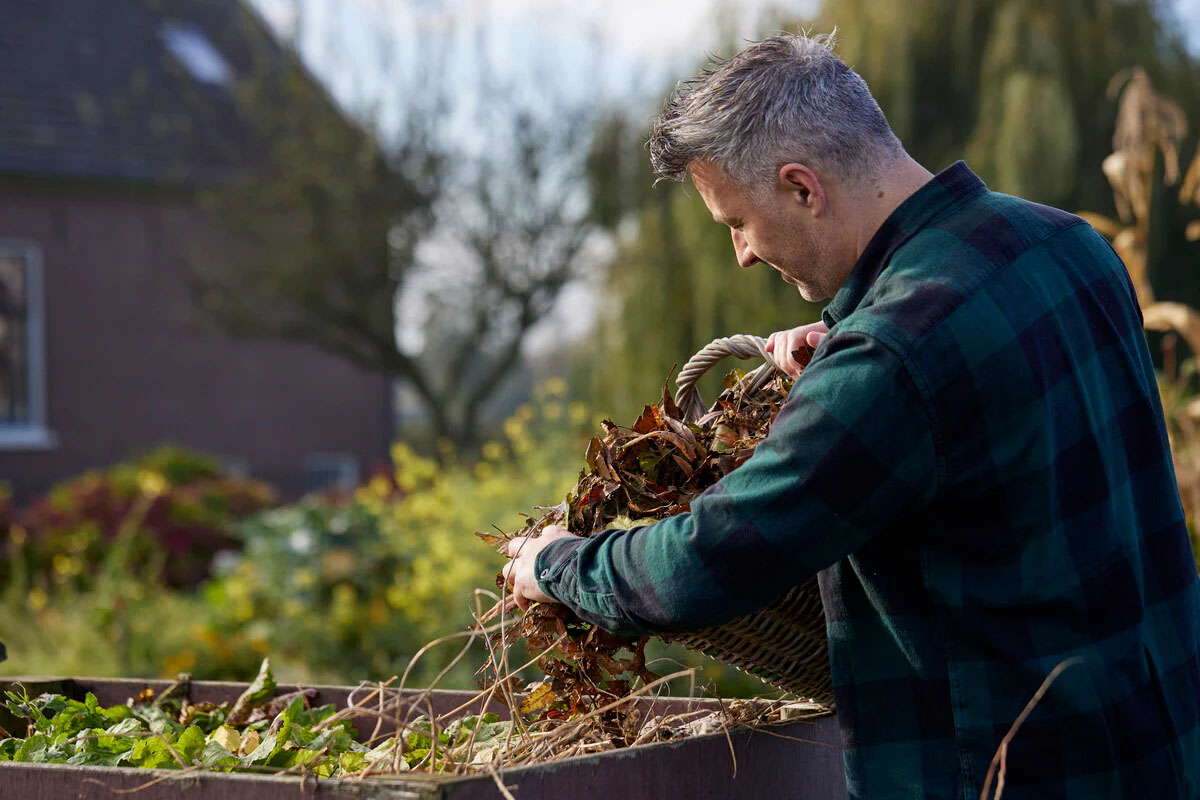
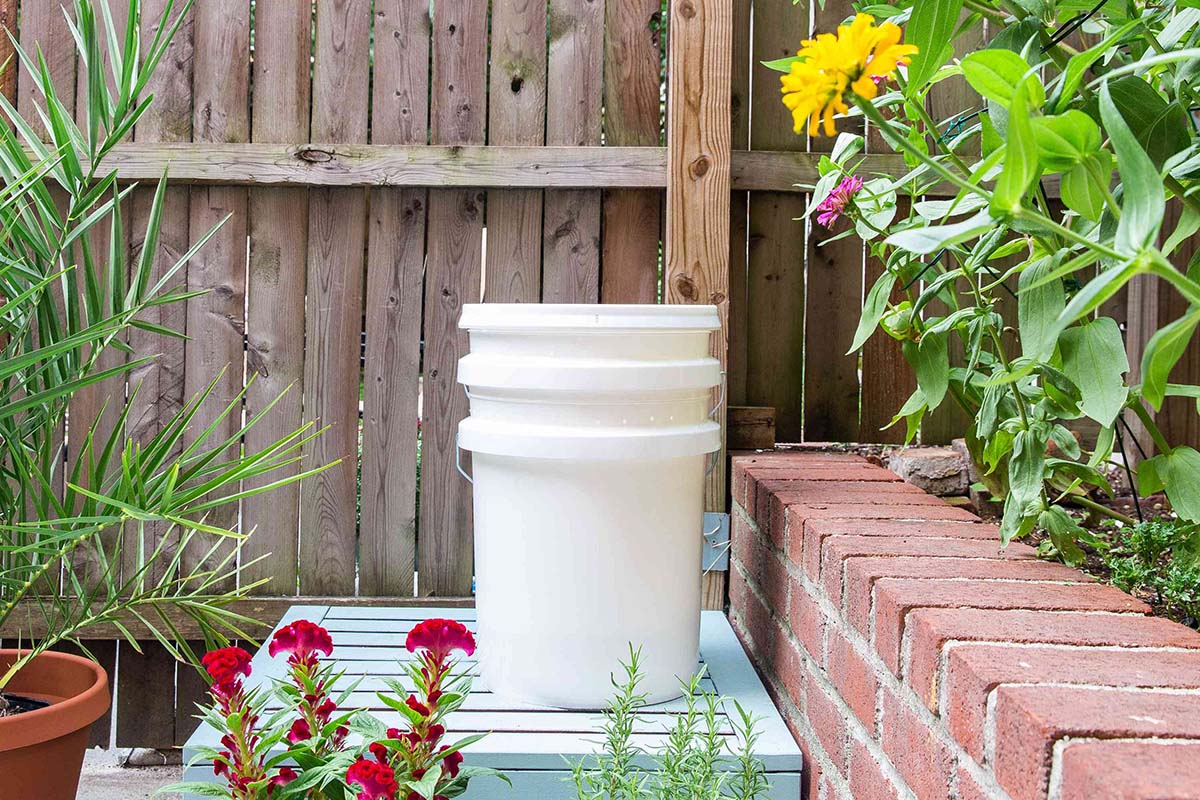
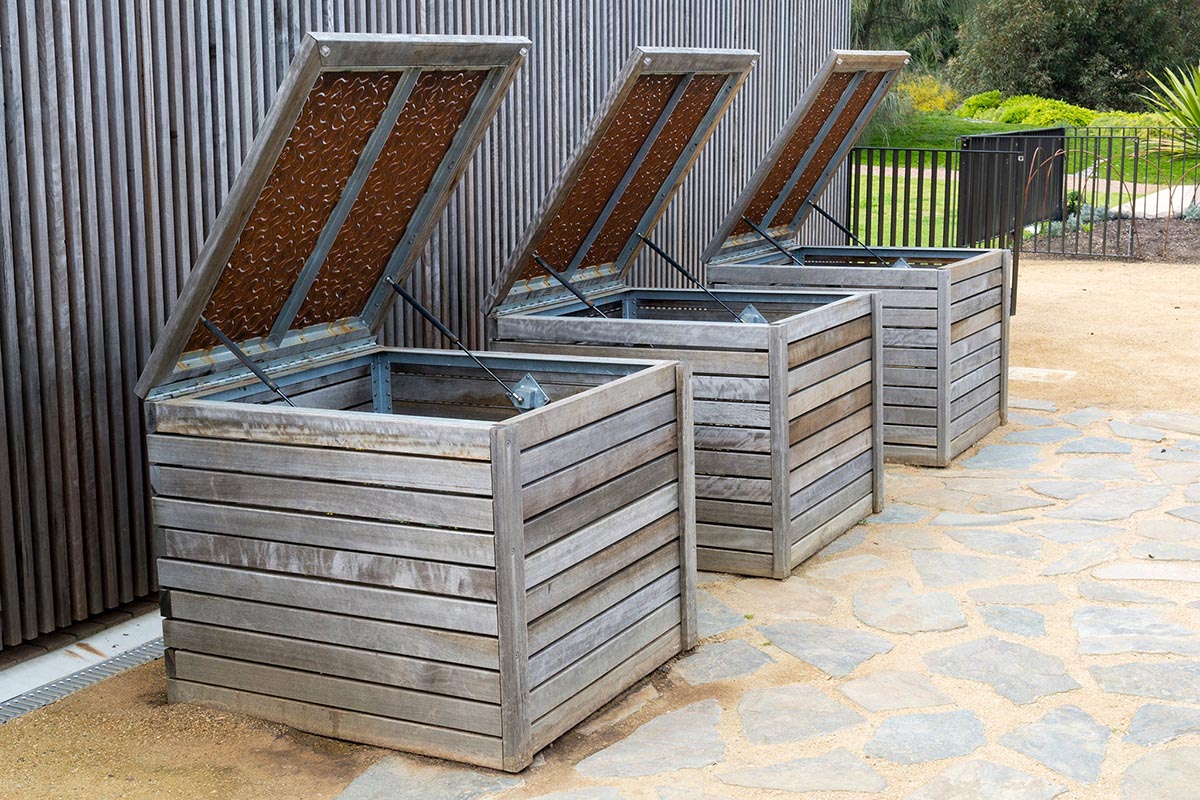
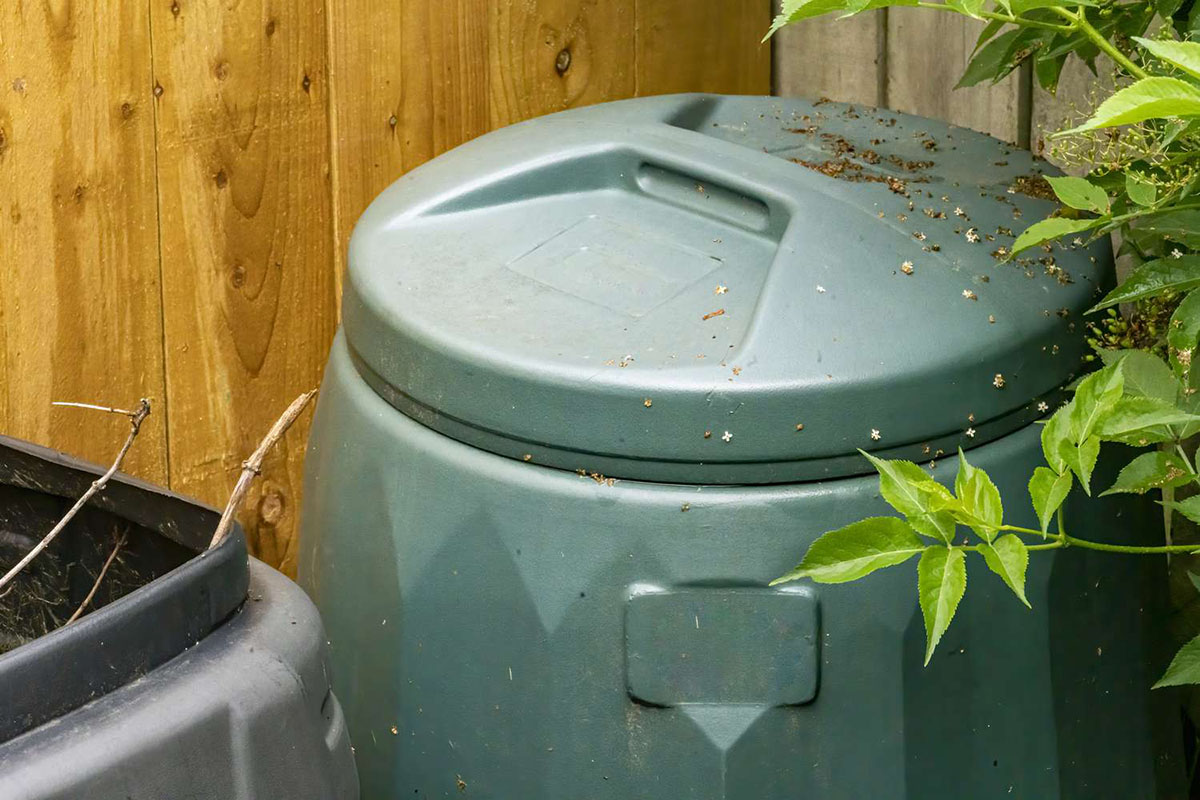
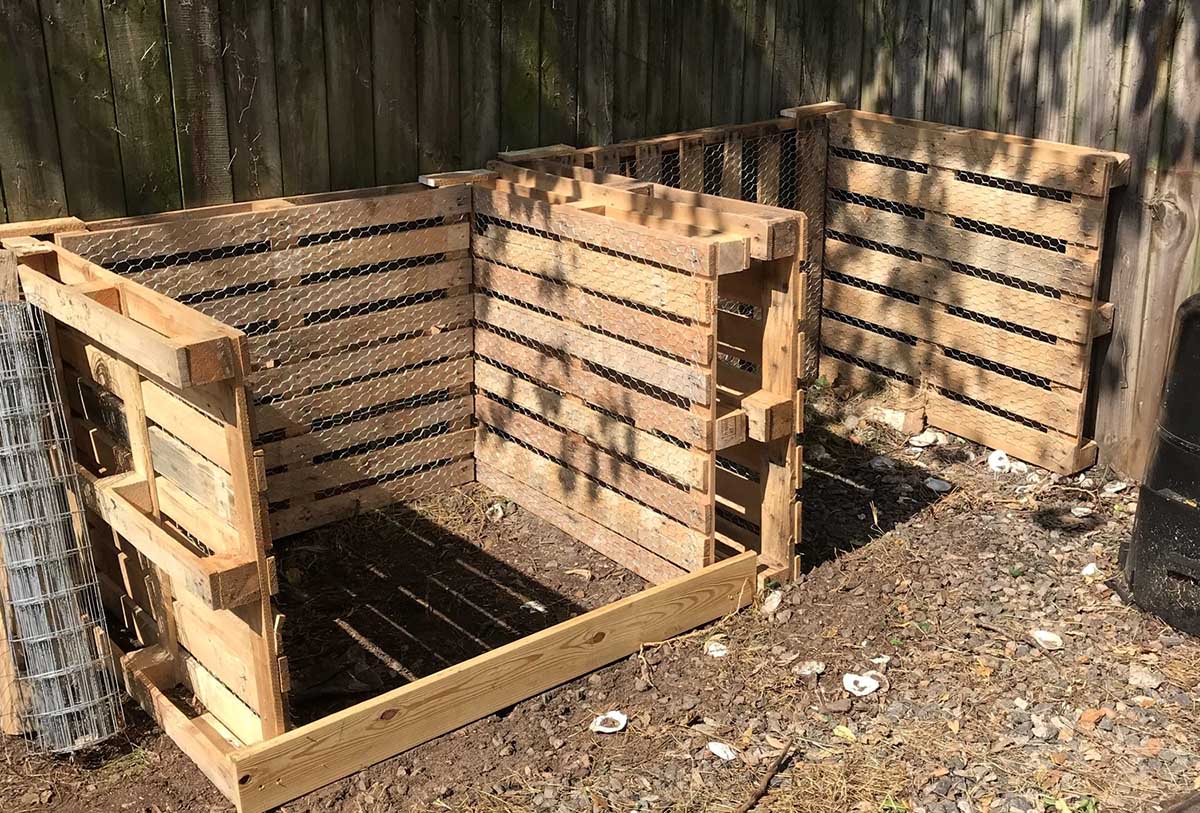

0 thoughts on “What Not To Put In A Compost Bin”